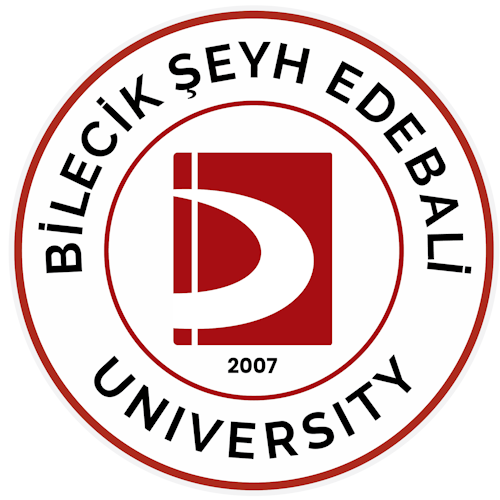DEPARTMENT OF ECONOMİCS
Department of Economics
31 Ekim 2024 PerşembeEconomics is concerned with the study of the decisions that individuals and societies make regarding the allocation of their limited resources and opportunities among their various needs. The field of economics is concerned with the development of fundamental knowledge and theories for understanding and shaping social and economic relations at the individual and firm level, as well as market and international economic relations. Economics is in exchange with many fields of research in social sciences. It has incorporated numerous social science theories and methodologies. It offers a comprehensive analysis of the interconnections between human beings and their surrounding environment. For these reasons, economics occupies a privileged position among the social sciences.
Our Faculty was established under the name of Bilecik Faculty of Economics and Administrative Sciences under Dumlupınar University with the law of 03.07.1992 and numbered 3837. It was affiliated to Bilecik Şeyh Edebali University under the name of Faculty of Economics and Administrative Sciences with the law of 29.05.2007 and numbered 5662. Our Faculty continues its education with the Departments of Economics, Business Administration, Political Science and Public Administration, Finance, Management Information Systems and International Relations. The Department of Economics started admitting students at the undergraduate level in 1993. Our Department currently has a large academic staff consisting of 7 Professors, 4 Associate Professors, 3 Assistant Professors and 4 Research Assistants. The Department of Economics has four sub-departments: Economic Development and International Economics, Economic Theory, Economic Policy and Economic History. There are elective courses related to these sub-departments or offered by other departments within the Faculty of Economics and Administrative Sciences. In addition to the basic compulsory courses in our curriculum, students have the opportunity to build their own roadmap, depending on their preferences for working in the private or public sector, with these electives that they can take according to their own wishes. Moreover, our students have the opportunity to complete a significant part of their education in other universities through both the Farabi programme, which allows student exchanges between universities in Turkey, and the Erasmus+ student exchange programme, which covers many European countries. In this way, they can improve themselves by getting to know different countries and university cultures.
Students who have obtained a bachelor's degree and fulfill the requisite criteria may pursue further studies at the Graduate School of our university in the field of economics, such as master's degree with thesis, non-thesis master's degree, or doctoral program. Additionally, students may pursue further studies in the non-thesis Master's program in Money-Banking and Foreign Trade.
Working Opportunities for Alumni
A background in economics provides a foundation for pursuing careers in a range of public sector roles, particularly within the Ministry of Treasury and Finance and the Ministry of Trade. The comprehensive training in economics that graduates receive equips them with the knowledge and skills to excel in these roles. Such individuals may pursue careers as specialists, assistant specialists, inspectors, or auditors. Such individuals may be employed in market regulatory institutions, including the Capital Markets Board, the Banking Regulation and Supervision Agency, and the Energy Market Regulatory Authority, due to their education, which encompasses an understanding of market functioning. Additionally, they may be employed in public companies that direct the economy, such as the Central Bank of the Republic of Türkiye and Borsa Istanbul A.Ş.
The Department of Economics offers its graduates a wide range of potential career paths, including financial advising, management, investment specialists, valuation specialists, inspection, auditing, and expertise in the private sector. The education received at the Department of Economics provides graduates with the entrepreneurial skills and knowledge necessary to excel in these roles.
The curriculum of the Department of Economics encourages interdisciplinary education, as graduates have taken courses from the Department of Economics, the Faculty of Economics and Administrative Sciences, and other faculties. Consequently, following the completion of their undergraduate studies, they may pursue further academic qualifications in economics and other social sciences. Additionally, graduates may pursue employment opportunities within the relevant departments of universities, institutes, or think tanks.
